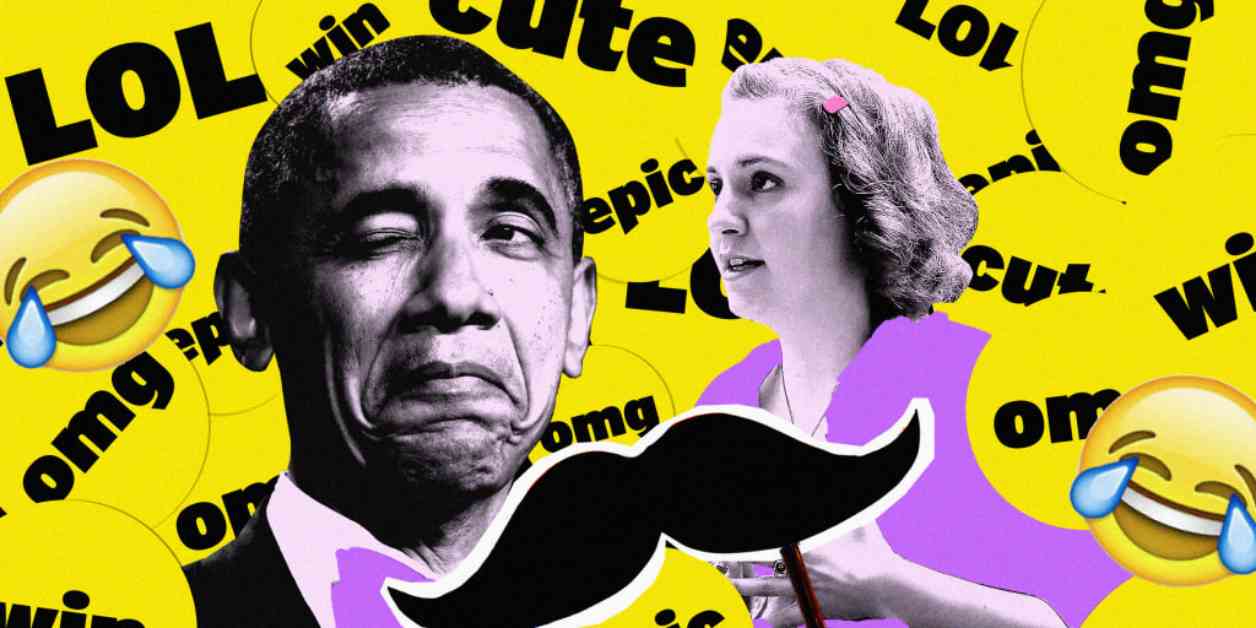The Generational Shift: Gen Z Embracing Millennial Culture
In recent times, Derek Deng, a 22-year-old resident of Brooklyn, has found himself experiencing an unexpected emotion when reflecting on millennials. What was once characterized by the Gen Z term “cheugy” — meaning outdated or uncool — has now transformed into a sentiment of nostalgia. Deng, in a viral TikTok video, expressed his admiration for millennial culture, citing BuzzFeed quizzes, mustaches, nerdcore, and hipsters as elements that are “delightfully cringe, but in a very wholesome way.” This shift in perspective is not unique to Deng; many others in Gen Z, typically aged 12-27, have similarly expressed a longing for the bygone era they never had the chance to experience as adults.
The Rise of Nostalgia
The surge of nostalgia among Gen Zers for millennial culture can be attributed to various factors, according to Pamela Aronson, a sociology professor at the University of Michigan-Dearborn. She suggests that the uncertainty and volatility of the current climate have propelled young adults to seek solace in the perceived stability of the past. Aronson highlights the unique challenges facing Gen Z as they navigate adulthood, particularly in the wake of a pandemic that disrupted natural interactions and ushered in an era of heightened social and political turmoil.
Christian Guarin, a 22-year-old barista from Orange County, California, recalls the 2010s as a more hopeful time, marked by the election and re-election of the first Black president. Guarin reflects on the optimism that characterized the turn of each decade and the sense of progress that permeated the cultural landscape. Music, in particular, served as a source of upliftment during this period, with artists like Katy Perry and Walk the Moon dominating the charts.
The Impact of Current Realities
Despite their affinity for millennial culture, Gen Zers face a dwindling sense of happiness, exacerbated by the disruptions caused by the pandemic. A 2024 report by Gallup and the Walton Family Foundation reveals that nearly half of Gen Z individuals report feeling anxious or depressed, with mental health challenges being particularly pronounced among young adults. The absence of traditional social activities like clubbing has left many feeling disconnected and constrained by the demands of an increasingly online existence.
Serena Carpenter, a 26-year-old program coordinator from Weehawken, New Jersey, reflects on the contrasting experiences of technology between the millennial and Gen Z generations. While platforms like Tumblr offered a sense of authenticity and freedom, the pressure to curate one’s life on social media apps like Instagram and TikTok has become overwhelming for many. The desire for genuine connections and unfiltered expression is driving some Gen Zers to revisit the simpler digital landscape of the past.
The Resurgence of Millennial Culture
The revival of millennial culture is evident in the online rekindling of trends and memories associated with the era. Clips from the HBO series “Girls,” which aired from 2012 to 2017 and depicted the lives of women in their 20s in New York City, have resurfaced as emblematic of peak millennial culture. The relatability of characters like Hannah Horvath, portrayed by Lena Dunham, resonates with viewers like Steph Peralta, a 27-year-old nonprofit associate from New York City, who finds comfort in the flawed yet authentic portrayal of young adulthood.
As Gen Z reevaluates its perception of millennials, the once-dismissive label of “cringe” has given way to a newfound sense of freedom, as articulated by Guarin: “to be cringe is to be free.” This shift in perspective underscores the evolving relationship between generations and the enduring appeal of nostalgia in an ever-changing world.














